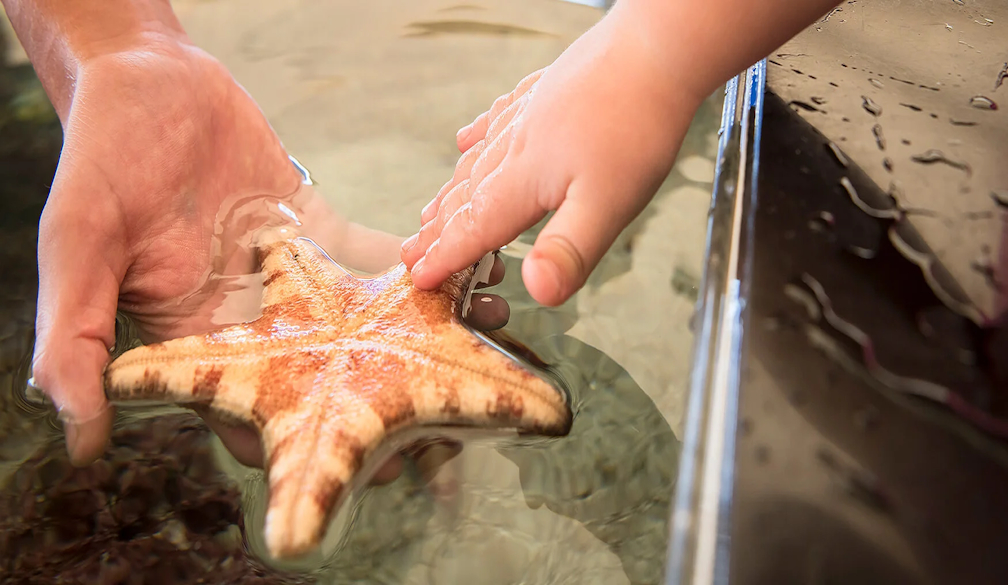Benefits of Educational Excursions for Student Development

Educational excursions have increasingly become an essential component of contemporary academics, offering more than just a break from the traditional classroom setting. Such trips can play a pivotal role in the holistic development of students by integrating real-world experiences with their curriculum. From museums and historical sites to science centers and aquatic adventures, each excursion is a journey full of discoveries that enrich the learning landscape remarkably. This article explores the multifaceted benefits of school excursions and their profound impact on student development.
Understanding Educational Excursions
At its core, an educational excursion is a professionally organized visit outside the traditional educational environment, meticulously planned to achieve specific learning outcomes. These outings are carefully tailored to complement the academic curriculum, thereby enhancing students’ understanding and retention of educational content. Visits to AQWA - The Aquarium of Western Australia provide immersive learning experiences about marine biology, conservation, and Australian marine life, which textbooks alone could never fully capture.
Furthermore, educational excursions provide immediate contextual grounding for abstract concepts. For instance, a trip to a historical monument allows students to appreciate its architecture and history, orchestrating a direct connection with their classroom studies of a particular period or event. This method of teaching not only clarifies theoretical knowledge but also instills a deeper appreciation for the subject matter, proving that education extends far beyond the confines of classroom walls.
Examining the Benefits of Educational Excursions
A. Intellectual Development
Educational excursions are instrumental in fostering intellectual development among students. When learners step out into new environments, they are exposed to diverse perspectives and endless sources of new information. For example, a scientific expedition might offer hands-on activities that allow students to experiment with theories that they have only previously read about. This active participation enhances critical thinking and problem-solving skills, as students apply classroom knowledge in real-world settings.
Moreover, these excursions often require students to engage in discussions, ask questions, and present their observations, which significantly aids in developing their analytical and reflective capacities. The intellectual challenge of connecting empirical evidence to theoretical learning not only deepens their knowledge but also encourages a lifelong love for learning.
B. Social Development
School excursions also greatly contribute to the social development of students. These outings require them to interact in less formal contexts, often working in teams, which enhances their communication skills and their ability to cooperate with others. Activities during these excursions can range from conducting group experiments to navigating through historical tours, each requiring a different level of interaction and collaboration among students.
The social skills acquired during these interactions are invaluable, as students learn the art of negotiation, develop empathy towards their peers, and gain the confidence to express their ideas freely. Such skills are crucial not only academically but in everyday life, aiding them in becoming more rounded and sociable individuals.
C. Emotional Development
The role of educational excursions in emotional development is significant yet often understated. These experiences allow students to explore new environments, which can be both exhilarating and intimidating. Handling the emotions that arise in these situations helps in fostering resilience and adaptability. Moreover, overcoming challenges, whether navigating a new city or understanding a complex scientific concept, boosts self-esteem and independence.
Excursions also offer a break from conventional learning environments, which can help reduce stress and anxiety. The excitement and novelty associated with these trips foster a happier, more enthusiastic approach to learning, which is crucial for emotional well-being.
D. Physical Development
While the focus of educational excursions is often intellectual and social development, the physical benefits cannot be overlooked. Many school trips involve considerable physical activity, whether it’s walking around historical sites or participating in outdoor challenges. These activities promote physical health and are especially crucial in today’s digital age, where sedentary lifestyles are becoming more common among young people.
Moreover, the physical activity involved in these excursions can also boost cognitive function and academic performance, as regular physical activity has been shown to improve neurological health and enhance focus and memory retention.
Role of Educational Excursions in Real-World Learning
The practical application of classroom knowledge through educational excursions is invaluable in bridging the gap between theoretical studies and real-world applications. For instance, a visit to an ecological reserve complements environmental studies with firsthand observation of ecosystems and biodiversity, thereby fostering a real-time learning environment.
These experiences also prepare students for future careers by providing them with a glimpse of professional environments and real-world challenges. For instance, an excursion to a tech company can ignite a passion for technology and provide insights into the various career paths within the field. This real-world exposure is crucial in helping students make informed career choices and in developing necessary future skills.
Conclusion
Educational excursions offer a dynamic and holistic approach to student development. They enrich the curriculum, extend learning beyond theoretical knowledge, and prepare students for real-life challenges. By fostering intellectual, social, emotional, and physical growth, these excursions contribute significantly to the development of well-rounded individuals. As educators and institutions continue to recognise the importance of such experiential learning opportunities, the integration of educational excursions into the academic curriculum will undoubtedly become more prominent, continuing to benefit generations of learners.










